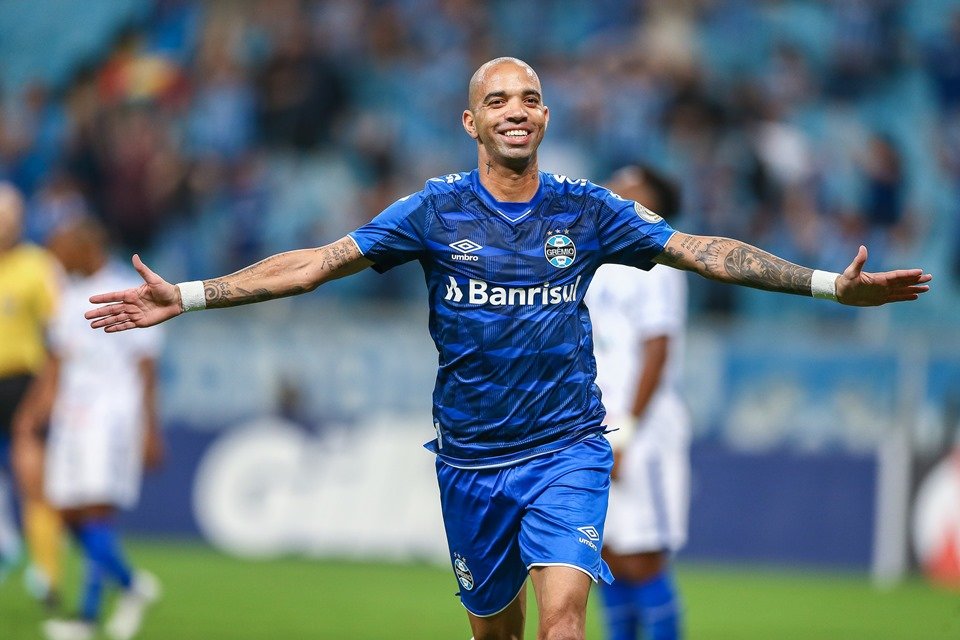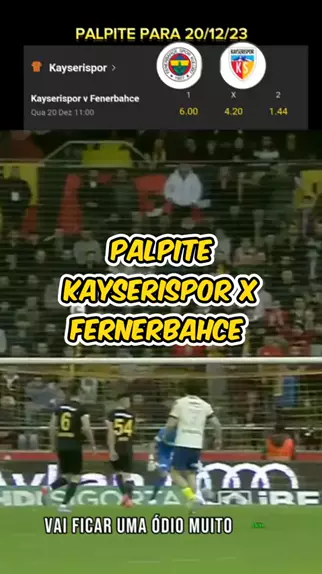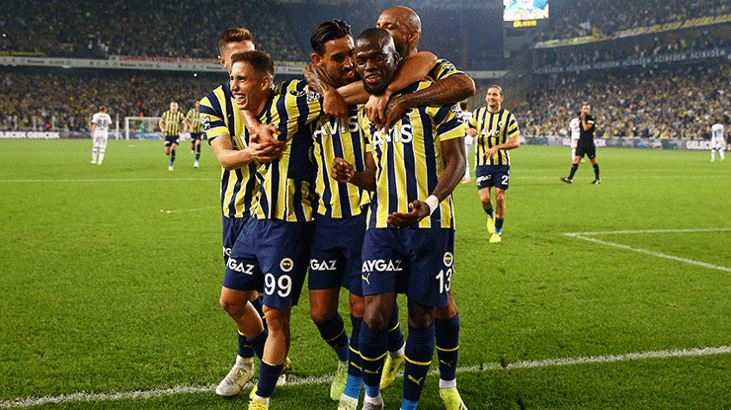Gremio vs Inter: The Historic Rivalry of Porto Alegre
Por um escritor misterioso
publicado em dezembro/27/2024

The Gremio vs Inter rivalry is one of the most intense and historic in Brazilian football. This article explores the origins, key moments, and current state of this fierce battle between two giants from Porto Alegre.

Both Gremio and Inter were founded in the early 20th century, with Gremio being established in 1903 and Inter following shortly after in 1909. From their beginnings, both clubs quickly gained popularity among the local population, leading to a natural rivalry born out of competition for fan support.
The first official match between Gremio and Inter took place on July 18th, 1909. It was a friendly match that ended with a victory for Gremio by a scoreline of 10-0. This result set the tone for what would become an intense battle on the field over the years.
Throughout their history, both clubs have enjoyed success at national and international levels. However, it was during the late '70s and early '80s that this rivalry reached its peak. During this period, Gremio won multiple state championships as well as their first Copa Libertadores title in 1983. Meanwhile, Inter achieved success by winning consecutive Campeonato Brasileiro Série A titles in 1975 and 1976.
One iconic moment that stands out from this era is the final match of the Campeonato Gaúcho in 1988. Gremio and Inter faced each other in a two-legged final, with the aggregate score tied at 1-1 after the first leg. In the second leg, Gremio secured a dramatic victory with a last-minute goal from Cuca, securing their 24th state championship.
In recent years, both clubs have continued to compete fiercely against each other. Matches between Gremio and Inter are known for their intensity and passion on the field. The stadiums are filled with passionate fans who create an electric atmosphere that adds to the spectacle of these encounters.
The rivalry extends beyond just football matches. It is deeply ingrained in the culture of Porto Alegre and divides families and friends who support different teams. The city comes alive whenever there is a Gremio vs Inter match, with streets painted in blue (Gremio's color) or red (Inter's color), depending on which team has won.
Currently, Gremio holds an edge over Inter when it comes to major titles won. They have won twice as many Campeonato Gaúcho titles as Inter and also boast more Copa Libertadores triumphs, having lifted the trophy three times compared to Inter's two victories.
Despite this imbalance in recent success, matches between Gremio and Inter remain highly anticipated by fans from both sides. The rivalry continues to inspire players to give their all on the pitch and provide thrilling moments for spectators.
Looking ahead, it is clear that this historic rivalry will continue to be one of Brazil's most intense battles on the football field. As new generations of players take center stage for both clubs, they will carry forward the legacy of this fierce competition between two giants from Porto Alegre.



Grêmio bate o CSA por 2 x 1 e assume vaga no G4 do Brasileirão
The city of Porto Alegre, located in southern Brazil, is home to two major football clubs - Gremio Foot-Ball Porto Alegrense (commonly known as Gremio) and Sport Club Internacional (often referred to as Inter). The rivalry between these two teams dates back several decades and has produced some unforgettable matches.Both Gremio and Inter were founded in the early 20th century, with Gremio being established in 1903 and Inter following shortly after in 1909. From their beginnings, both clubs quickly gained popularity among the local population, leading to a natural rivalry born out of competition for fan support.
The first official match between Gremio and Inter took place on July 18th, 1909. It was a friendly match that ended with a victory for Gremio by a scoreline of 10-0. This result set the tone for what would become an intense battle on the field over the years.
Throughout their history, both clubs have enjoyed success at national and international levels. However, it was during the late '70s and early '80s that this rivalry reached its peak. During this period, Gremio won multiple state championships as well as their first Copa Libertadores title in 1983. Meanwhile, Inter achieved success by winning consecutive Campeonato Brasileiro Série A titles in 1975 and 1976.
One iconic moment that stands out from this era is the final match of the Campeonato Gaúcho in 1988. Gremio and Inter faced each other in a two-legged final, with the aggregate score tied at 1-1 after the first leg. In the second leg, Gremio secured a dramatic victory with a last-minute goal from Cuca, securing their 24th state championship.
In recent years, both clubs have continued to compete fiercely against each other. Matches between Gremio and Inter are known for their intensity and passion on the field. The stadiums are filled with passionate fans who create an electric atmosphere that adds to the spectacle of these encounters.
The rivalry extends beyond just football matches. It is deeply ingrained in the culture of Porto Alegre and divides families and friends who support different teams. The city comes alive whenever there is a Gremio vs Inter match, with streets painted in blue (Gremio's color) or red (Inter's color), depending on which team has won.
Currently, Gremio holds an edge over Inter when it comes to major titles won. They have won twice as many Campeonato Gaúcho titles as Inter and also boast more Copa Libertadores triumphs, having lifted the trophy three times compared to Inter's two victories.
Despite this imbalance in recent success, matches between Gremio and Inter remain highly anticipated by fans from both sides. The rivalry continues to inspire players to give their all on the pitch and provide thrilling moments for spectators.
Looking ahead, it is clear that this historic rivalry will continue to be one of Brazil's most intense battles on the football field. As new generations of players take center stage for both clubs, they will carry forward the legacy of this fierce competition between two giants from Porto Alegre.

kayserifenerbahce
